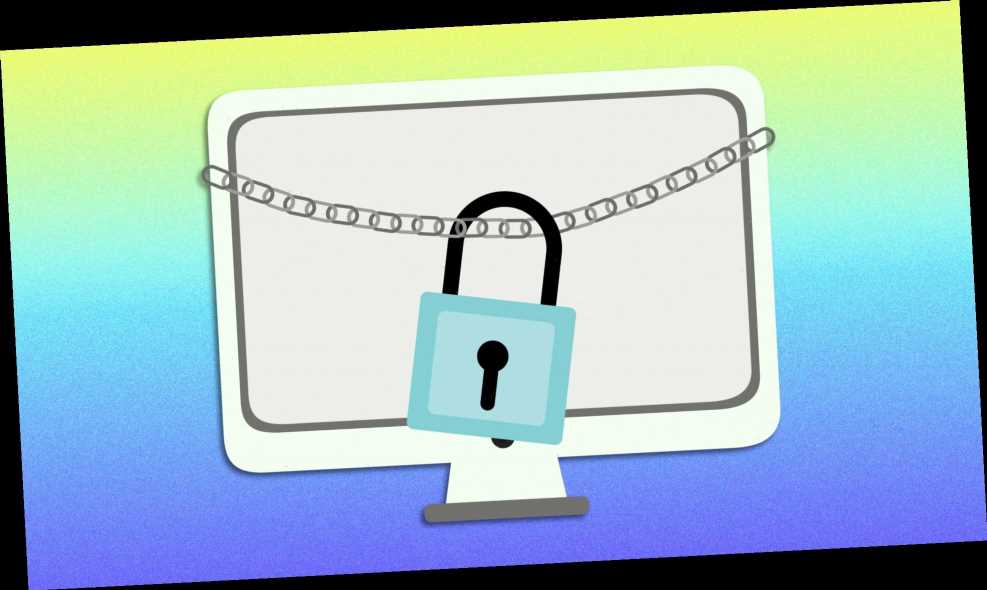It’s no surprise that plenty of adults believe the internet is no place for a kid to hang out. And yes, there are some solid arguments against internet usage in kids (it keeps kids from engaging with others off-screen and can expose them to inappropriate content, among other things). But it also turns out there are some good reasons to let your kids indulge in a little social media now and then.
Teens spend about 45 hours per week on their phones, according to research conducted by Common Sense Media. Yet when SheKnows surveyed 400 parents for our Study on Kids & Technology (Dec 2019), it turned out the parents of those kids think their kids are only spending 22 hours per week on their phones. Isn’t it time we admitted defeat and tried to make the internet a better place for kids — not an off-limits place? After all, if you can’t beat ’em, join ’em.
Still, the precise “best age” for when a kid should have their first social media account still remains murky — and the Children’s Online Privacy Protection Act makes it illegal for commercial websites and apps to offer accounts to children under 13 without parental consent. So when should you introduce your kid to the web, and how? The key, the experts say, is to go slowly and appropriately. Here’s how.
1. Group inclusion
Social media makes sense in the world of teen socialization (and teen angst). Dr. Barbara Winter, a Florida-based psychologist with over 20 years of experience, explains, “Social media allows teenagers to be part of a group, which is a cornerstone to self-esteem.” And according to a study published in the Clinical Child and Family Psychology Review, teen social media use “provides new contexts for reflecting upon and trying out new identities, for learning and attempting new social skills and for establishing affiliations.”
2. Online learning
This might make you feel a little less guilty as the parent of a kidfluencer: Technology counts as one of our cultural languages. “Social media is a great tool for learning, especially for kids that are almost glued to their computers,” Katya Seberson, speed-reading and memory teacher at ExecutiveMind, says. “It bridges the gap between the fictional world of video games… and the real world. Social media is in between the two. It talks about real world events, but it’s happening in a digital form.”
3. Access to news
Good luck getting your teen to subscribe to The Wall Street Journal. But that doesn’t mean they have to be out of the loop of world news. “Teens often favor social media for news and happenings in the world rather than looking at traditional news sources,” Winter explains. According to research by Common Sense Media, 47 percent of kids get their news from Facebook, while 41 percent of tweens get their news from YouTube. Of course, talk to your teen about the fact that social media sites are not news sites and explain that they should always follow suggested “news” links on social sites to their original (journalistic, fact-checked) source.
4. Freedom of expression
As parents, we also use social media for this reason: to share our thoughts and feelings in our own corner of the internet. Likewise, says Winter, social media allows teens to express their individuality through stories, pictures and quotes, which can be beneficial to emotional, sexual and spiritual health.
If your child is ready to dip their toes into the waters of online creative expression, Seberson suggests going old-school first. “Tumblr is an old platform that allows artistic minds to express themselves,” she says. “I introduce kids to bookfessions.tumblr.com, and they get hooked. They start following artists they love and share their own poetry, drawings — even essays.”
5. Exposure to the real world
Yes, of course we all want to keep our little baby chicks in the nest for as long as we can, but keeping kids sheltered for too long will inevitably set them up to fail. Seberson encourages parents to use online education hand in hand with real-world exposure to produce a lasting impact. “I hate to see kids grow up in a safe bubble that bursts when they go to college,” she says.
A version of this article was originally published in June 2014.
Don’t worry, your kids will learn something from the internet. Like all these lessons from celebrity parent-shaming on social media — a true testament to how not to behave online.
Source: Read Full Article






